TOP NEWS
Reuben's View
Latest News
Search
MOST READ
-
Rivers: No King Lasts Forever, My Victory Will Come – Fubara Declares
-
Police fire tear gas at residents protesting killings in Benue
-
'Africa must be respected' - says Davido as he pulls out of 50 Cent’s UK show
-
[OPINION] The Compelling Courage Of The Islamic Republic Of Iran - Femi Fani-Kayode
-
Nollywood actor, Alapini, regrets supporting Tinubu
-
Appeal Court nullifies Emefiele’s asset forfeiture
-
2027: Tinubu-Shettima alliance under fire
-
Dangote launches nationwide fuel distribution
-
Gowon lied about fighting civil war for Nigeria’s unity — Igbo women group
-
Benue killings: We will go after attackers – Army vows
-
Seven APC Governors Funding Coalition Against Tinubu – ADC Chieftain
669 times -
Bandit leader, Turji demands N50m to allow farming in Zamfara, Niger communities
532 times -
Where Are The Billions Saved From Subsidy Removal? - Peter Obi Queries Tinubu Government
472 times -
Tinubu: I’m ready to die for APC – Orji Uzor Kalu
443 times -
My business collapsed after public criticism of pastors – Daddy Freeze
427 times -
In 2 years, Tinubu borrowed more money than 3 Presidents combined - Obi
417 times -
Your sins can’t be forgiven even if you join us – APC tells Fubara
415 times -
APC chieftain Jesutega Onokpasa is dead
414 times -
Nigerian govt gives update on wage award, minimum wage payments
389 times -
“Stop hiding, join APC openly” – Matawalle dares Zamfara governor amid defection rumours
387 times








![[OPINION] Sin No More, Sanwo-Olu - Reuben Abati [OPINION] Sin No More, Sanwo-Olu - Reuben Abati](https://mail.reubenabati.com.ng/cache/mod_bt_contentslider/c37e66286a848f75a7a4423f09bf1698-16e192f31bbee895fd51879a21bf59af_XL.jpg)
![[OPINION] Mid-term, Coastal Road And Other Stories - Reuben Abati [OPINION] Mid-term, Coastal Road And Other Stories - Reuben Abati](https://mail.reubenabati.com.ng/cache/mod_bt_contentslider/a0e35e28abbd33a286329adeca8832c3-2672e7e32efcfdd8db98be9832fbb36a_XL.jpg)
![[OPINION] Octopus Wike And The PDP - Reuben Abati [OPINION] Octopus Wike And The PDP - Reuben Abati](https://mail.reubenabati.com.ng/cache/mod_bt_contentslider/199cf8910c41b2b56d33e3d5e66c8649-0c132d1dd795979de9db14cc333bbe4d_XL.jpg)
![[OPINION] Zulum And The Surge In Insurgency - Reuben Abati [OPINION] Zulum And The Surge In Insurgency - Reuben Abati](https://mail.reubenabati.com.ng/cache/mod_bt_contentslider/ad6e52c43f66e3cf537b06ad38aa93b6-8ac05a2894b5e82aeee611e792497153_XL.jpg)
![[OPINION] Defections And Threat Of One-Party State - Reuben Abati [OPINION] Defections And Threat Of One-Party State - Reuben Abati](https://mail.reubenabati.com.ng/cache/mod_bt_contentslider/e16351efb50f01266cc28b7377bd5e83-90b1922af682fff68852fa7fab5a4331_XL.jpg)
![[OPINION] Pope Trump, Adebanjo And Other Stories - Reuben Abati [OPINION] Pope Trump, Adebanjo And Other Stories - Reuben Abati](https://mail.reubenabati.com.ng/cache/mod_bt_contentslider/a9c28326249471b0c6d135375d9aa6d3-66656381f38ceca0faf1a84f4c1885dd_XL.jpg)
![[OPINION] CBEX Wealth Chasers, NDIC And The Fate Of Depositors - Reuben Abati [OPINION] CBEX Wealth Chasers, NDIC And The Fate Of Depositors - Reuben Abati](https://mail.reubenabati.com.ng/cache/mod_bt_contentslider/e7c29125e793371f688b9def0c150948-867aa1263f279020e1b930969b024a70_XL.jpg)
![[OPINION] Pope Francis (1936 – 2025) - Reuben Abati [OPINION] Pope Francis (1936 – 2025) - Reuben Abati](https://mail.reubenabati.com.ng/cache/mod_bt_contentslider/9df20a858100040a45e2fc6915d65f41-c0395aa98d8919afead20f020215aa2b_XL.jpg)
![[OPINION] Plateau, Tsiga and Trump - Reuben Abati [OPINION] Plateau, Tsiga and Trump - Reuben Abati](https://mail.reubenabati.com.ng/cache/mod_bt_contentslider/d4ff657a4976c08f133a5993db7ca3de-076f7f795e47e1dc74a28ca93d3c698e_XL.jpg)
![[OPINION] The Uromi 16 And The Problem With Nigeria - Reuben Abati [OPINION] The Uromi 16 And The Problem With Nigeria - Reuben Abati](https://mail.reubenabati.com.ng/cache/mod_bt_contentslider/848d0c6943c9a9cb7639e8f5640d2cbf-4b585f7414a3fc875b761851d4c5fcd4_XL.jpg)
![[OPINION] Breakfast With The Soludos - Reuben Abati [OPINION] Breakfast With The Soludos - Reuben Abati](https://mail.reubenabati.com.ng/cache/mod_bt_contentslider/a98b5c30f61dcb10378fdba9f5e472ab-33b747862875f50d863e709f5955da5d_XL.jpg)
![[OPINION] The Emerging Coalition Against Tinubu/APC - Reuben Abati [OPINION] The Emerging Coalition Against Tinubu/APC - Reuben Abati](https://mail.reubenabati.com.ng/cache/mod_bt_contentslider/ddd6416fbaa008a5bcbc568f0e3c8857-02972c9f0dee40a6ad85830afbb49758_XL.jpg)
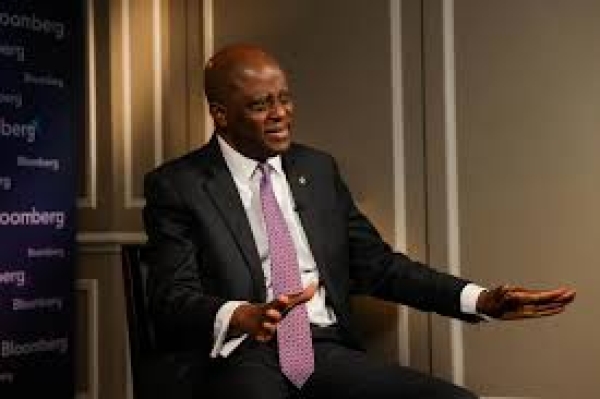
![[OPINION] ‘Heroes of June 12’ The president forgot - Martins Oloja](https://mail.reubenabati.com.ng/media/k2/items/cache/e0c20f535a03f9ffe6c0d9ac53e8edad_XL.jpg?t=-62169984000)
![[OPINION] If You Are Waiting To Be Right, You Can’t Write - Isaac Asabor](https://mail.reubenabati.com.ng/media/k2/items/cache/a45128d3af3eec7fa8407214c5cab453_XL.jpg?t=-62169984000)
![[OPINION] The Futility of Iran’s Proxy War: Why Israel’s Right to Self-Defense Must Be Upheld - Jeff Okoroafor](https://mail.reubenabati.com.ng/media/k2/items/cache/4c437a17bf76f6e35b1619d19235cbc9_XL.jpg?t=-62169984000)
![[OPINION] Open Letter To President Bola Ahmed Tinubu: On the Recent Presidential Directive Regarding the Benue Crisis - Leonard Karshima Shilgba](https://mail.reubenabati.com.ng/media/k2/items/cache/fd8fed10d98f37c3f61de88498fe6187_XL.jpg?t=-62169984000)

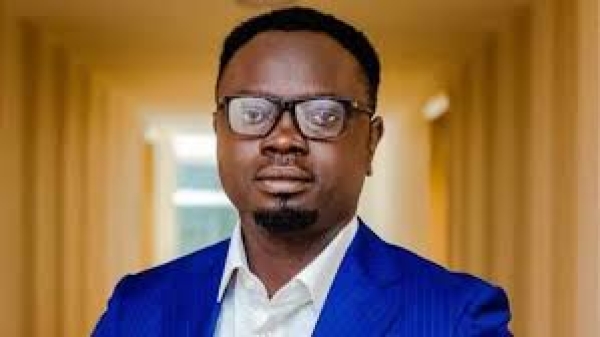
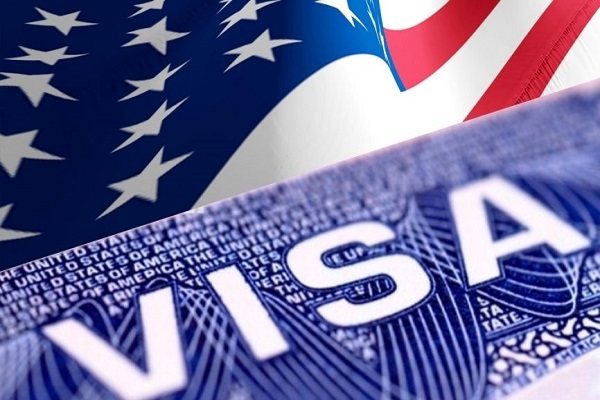
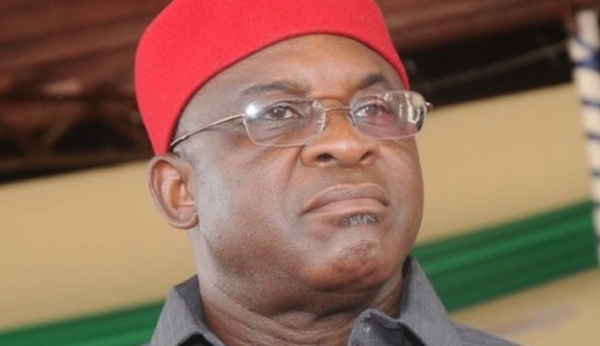
![[OPINION] Trump thoroughly thrashed - Dele Sobowale](https://mail.reubenabati.com.ng/media/k2/items/cache/82ce49ecda66775998ff77e027d660bc_XL.jpg?t=-62169984000)
![[OPINION] Tinubu’s Honors: A betrayal of Nigeria’s fallen Heroes - Ugoji Egbujo](https://mail.reubenabati.com.ng/media/k2/items/cache/5f246a88d75fbae53c438fdf46937a04_XL.jpg?t=-62169984000)
![[OPINION] Oshiomhole V Air Peace: Matters Arising - Tonnie Iredia](https://mail.reubenabati.com.ng/media/k2/items/cache/b9e541cf46771d03433cf47ff70e5c23_XL.jpg?t=-62169984000)
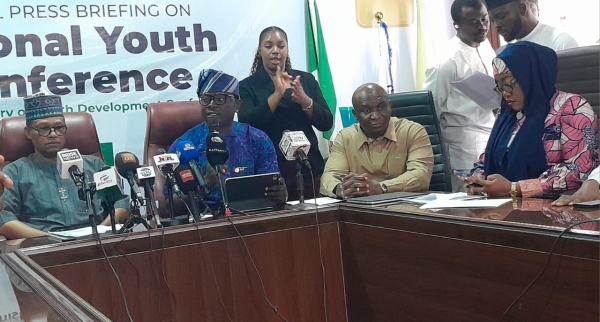
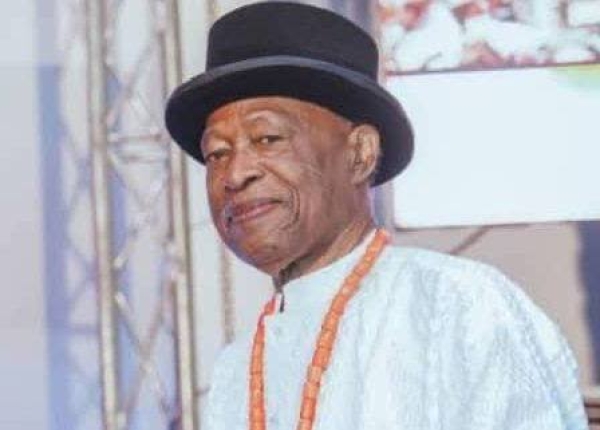
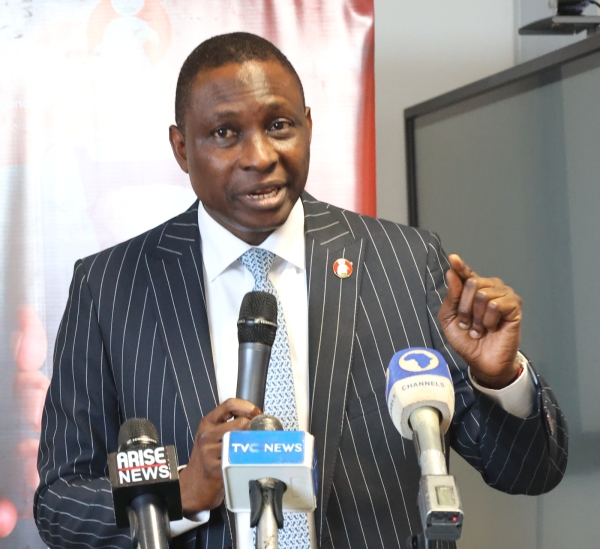
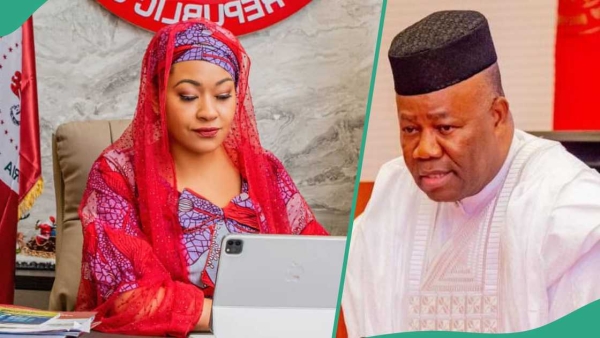
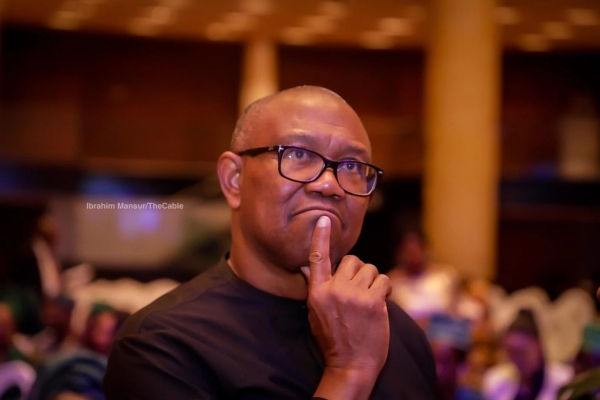
![[OPINION] Sam Amuka: The inimitable 90-year-old brand - Owei Lakemfa](https://mail.reubenabati.com.ng/media/k2/items/cache/3640c07bac893337b96ece6087e044e2_XL.jpg?t=-62169984000)
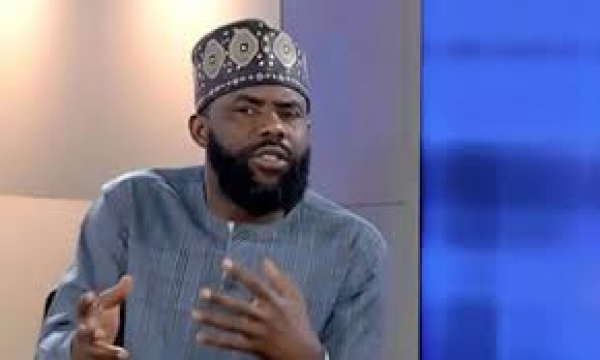
![[OPINION] Atiku Abubakar: A legacy deferred, not denied - Kalu Okoronkwo](https://mail.reubenabati.com.ng/media/k2/items/cache/be6682122a621650b717cbd2534ac5b3_XL.jpg?t=-62169984000)
![[OPINION] Lessons of Mokwa’s disaster - Dakuku Peterside](https://mail.reubenabati.com.ng/media/k2/items/cache/aaaee4b50c9b55d48356f8c2cabf3cfe_XL.jpg?t=-62169984000)
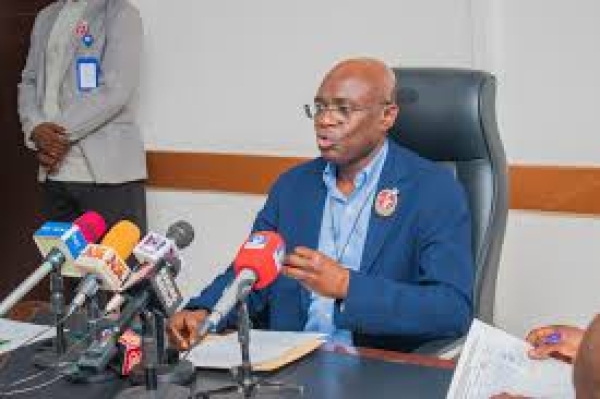
![[STATEHOUSE PRESS STATEMENT] Benue Crisis: President Tinubu Directs Security Chiefs To Implement Earlier Directive, Tasks Governor Alia On Reconciliation - Bayo Onanuga](https://mail.reubenabati.com.ng/media/k2/items/cache/2ffa573bd6eb1c3c0245fb742c75014c_XL.jpg?t=-62169984000)
![[OPINION] Soludo’s New Nigeria: Creating A Sustainable Nation We Never Had - Christian Aburime](https://mail.reubenabati.com.ng/media/k2/items/cache/f3d1b562bcbaa3eb02e59a85d860fcff_XL.jpg?t=1750078777)
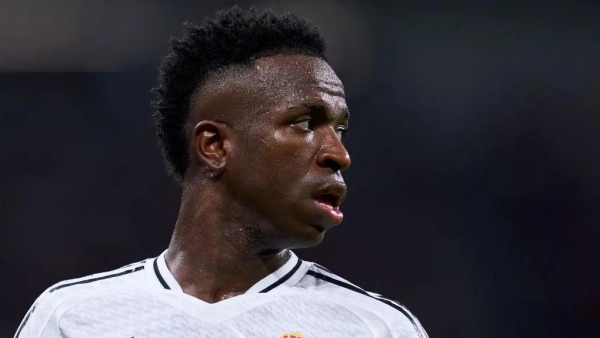
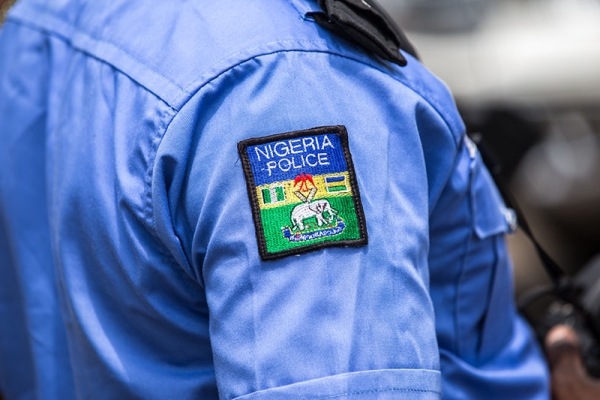

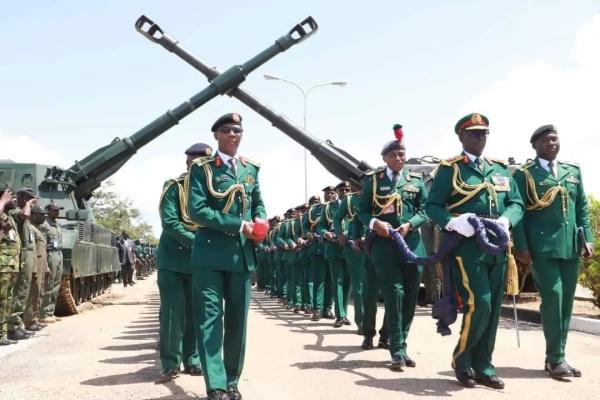
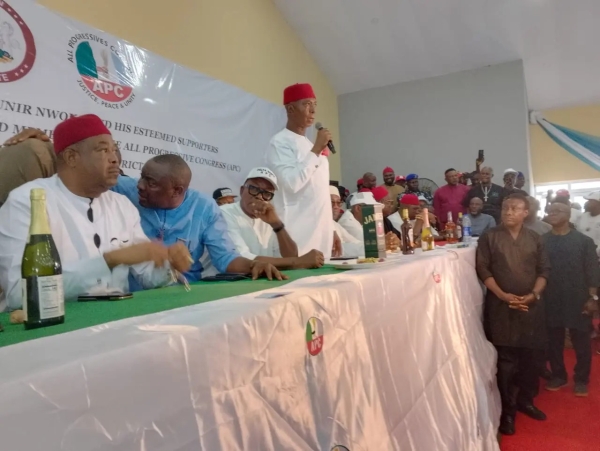
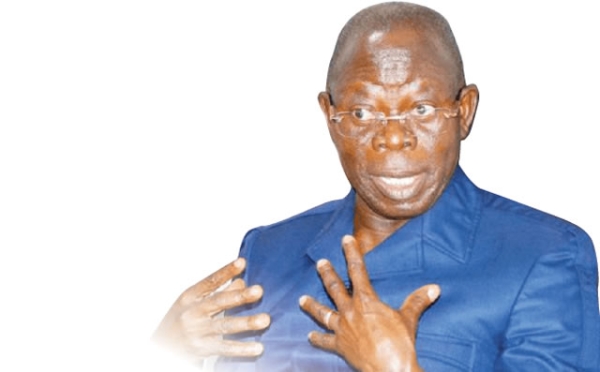
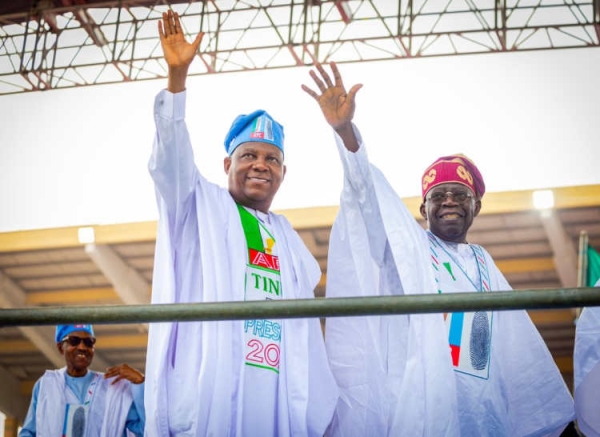
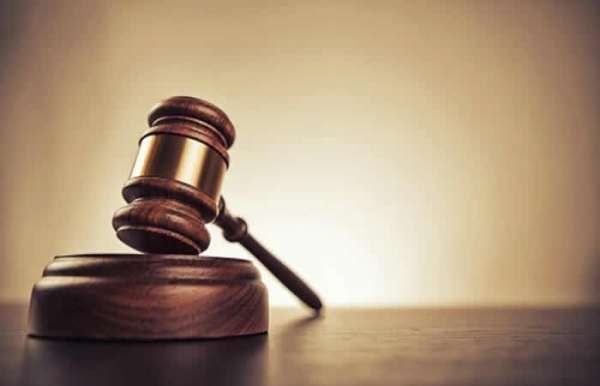

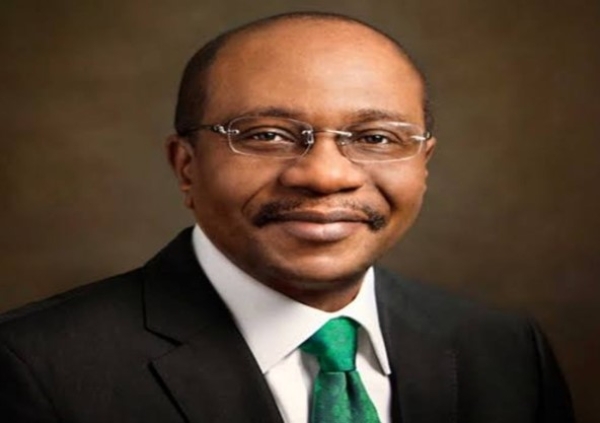

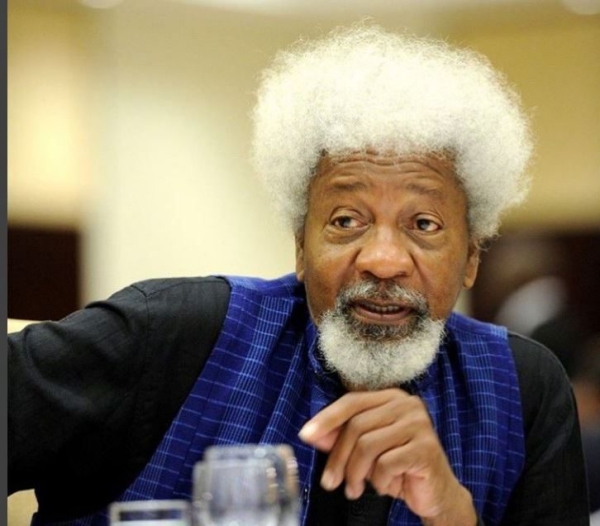
![[OPINION] Federal Ministry of Agriculture, prayers and sudden death - Etim Etim](https://mail.reubenabati.com.ng/media/k2/items/cache/aaaf7ef15b9edf789701e0f1001ddf23_XL.jpg?t=-62169984000)
![[OPINION] The Compelling Courage Of The Islamic Republic Of Iran - Femi Fani-Kayode](https://mail.reubenabati.com.ng/media/k2/items/cache/6afcbae824d531a395d3033261459826_XL.jpg?t=-62169984000)
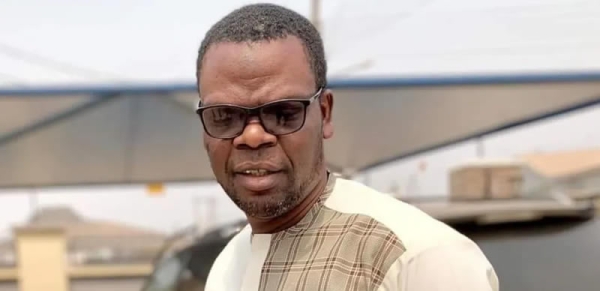

![[OPINION] ‘Heroes of June 12’ The president forgot - Martins Oloja [OPINION] ‘Heroes of June 12’ The president forgot - Martins Oloja](https://mail.reubenabati.com.ng/cache/mod_bt_contentslider/08089766d276552a3dc71b4822584ec4-e0c20f535a03f9ffe6c0d9ac53e8edad_XL.jpg)
![[OPINION] If You Are Waiting To Be Right, You Can’t Write - Isaac Asabor [OPINION] If You Are Waiting To Be Right, You Can’t Write - Isaac Asabor](https://mail.reubenabati.com.ng/cache/mod_bt_contentslider/ff85794cfb2386dfa7935976d67bd621-a45128d3af3eec7fa8407214c5cab453_XL.jpg)
![[OPINION] The Futility of Iran’s Proxy War: Why Israel’s Right to Self-Defense Must Be Upheld - Jeff Okoroafor [OPINION] The Futility of Iran’s Proxy War: Why Israel’s Right to Self-Defense Must Be Upheld - Jeff Okoroafor](https://mail.reubenabati.com.ng/cache/mod_bt_contentslider/c942b1d488f12060feb2808bc09dfeb9-4c437a17bf76f6e35b1619d19235cbc9_XL.jpg)
![[OPINION] Open Letter To President Bola Ahmed Tinubu: On the Recent Presidential Directive Regarding the Benue Crisis - Leonard Karshima Shilgba [OPINION] Open Letter To President Bola Ahmed Tinubu: On the Recent Presidential Directive Regarding the Benue Crisis - Leonard Karshima Shilgba](https://mail.reubenabati.com.ng/cache/mod_bt_contentslider/79f105f62c03355ef05863e6d8e73b10-fd8fed10d98f37c3f61de88498fe6187_XL.jpg)




![[OPINION] Trump thoroughly thrashed - Dele Sobowale [OPINION] Trump thoroughly thrashed - Dele Sobowale](https://mail.reubenabati.com.ng/cache/mod_bt_contentslider/10d79032425ef5e82829f61b999529d8-82ce49ecda66775998ff77e027d660bc_XL.jpg)
![[OPINION] Tinubu’s Honors: A betrayal of Nigeria’s fallen Heroes - Ugoji Egbujo [OPINION] Tinubu’s Honors: A betrayal of Nigeria’s fallen Heroes - Ugoji Egbujo](https://mail.reubenabati.com.ng/cache/mod_bt_contentslider/4d1c5ce5b6f58889441a4e451c6ca039-5f246a88d75fbae53c438fdf46937a04_XL.jpg)
![[OPINION] Oshiomhole V Air Peace: Matters Arising - Tonnie Iredia [OPINION] Oshiomhole V Air Peace: Matters Arising - Tonnie Iredia](https://mail.reubenabati.com.ng/cache/mod_bt_contentslider/8c8c8297e8dced9f31aaba7d776664c6-b9e541cf46771d03433cf47ff70e5c23_XL.jpg)





![[OPINION] Sam Amuka: The inimitable 90-year-old brand - Owei Lakemfa [OPINION] Sam Amuka: The inimitable 90-year-old brand - Owei Lakemfa](https://mail.reubenabati.com.ng/cache/mod_bt_contentslider/9b308f7e18d586e3fe6a1bd3040be7cf-3640c07bac893337b96ece6087e044e2_XL.jpg)

![[OPINION] Atiku Abubakar: A legacy deferred, not denied - Kalu Okoronkwo [OPINION] Atiku Abubakar: A legacy deferred, not denied - Kalu Okoronkwo](https://mail.reubenabati.com.ng/cache/mod_bt_contentslider/81af2faa857b6bb3dc53410a72ec7236-be6682122a621650b717cbd2534ac5b3_XL.jpg)
![[OPINION] Lessons of Mokwa’s disaster - Dakuku Peterside [OPINION] Lessons of Mokwa’s disaster - Dakuku Peterside](https://mail.reubenabati.com.ng/cache/mod_bt_contentslider/598b6c1517131f170c412e45a1b9dfcb-aaaee4b50c9b55d48356f8c2cabf3cfe_XL.jpg)

![[STATEHOUSE PRESS STATEMENT] Benue Crisis: President Tinubu Directs Security Chiefs To Implement Earlier Directive, Tasks Governor Alia On Reconciliation - Bayo Onanuga [STATEHOUSE PRESS STATEMENT] Benue Crisis: President Tinubu Directs Security Chiefs To Implement Earlier Directive, Tasks Governor Alia On Reconciliation - Bayo Onanuga](https://mail.reubenabati.com.ng/cache/mod_bt_contentslider/39b2a0162c3587b6cfbb6c8970bcf54c-2ffa573bd6eb1c3c0245fb742c75014c_XL.jpg)
![[OPINION] Soludo’s New Nigeria: Creating A Sustainable Nation We Never Had - Christian Aburime [OPINION] Soludo’s New Nigeria: Creating A Sustainable Nation We Never Had - Christian Aburime](https://mail.reubenabati.com.ng/cache/mod_bt_contentslider/8bc84ffb3f6cb2a2b980e3892093e4ed-f3d1b562bcbaa3eb02e59a85d860fcff_XL.jpg)












![[OPINION] Federal Ministry of Agriculture, prayers and sudden death - Etim Etim [OPINION] Federal Ministry of Agriculture, prayers and sudden death - Etim Etim](https://mail.reubenabati.com.ng/cache/mod_bt_contentslider/c570ad5322fc3b90f6704688aedcc655-aaaf7ef15b9edf789701e0f1001ddf23_XL.jpg)
![[OPINION] The Compelling Courage Of The Islamic Republic Of Iran - Femi Fani-Kayode [OPINION] The Compelling Courage Of The Islamic Republic Of Iran - Femi Fani-Kayode](https://mail.reubenabati.com.ng/cache/mod_bt_contentslider/f0eb5b9b048a700c637630d99e16edef-6afcbae824d531a395d3033261459826_XL.jpg)












![[OPINION] To Manage University No Be Beans - Prince Charles Dickson [OPINION] To Manage University No Be Beans - Prince Charles Dickson](https://mail.reubenabati.com.ng/cache/mod_bt_contentslider/058b440b0a6dc12cdb1fc2c889145ef7-a15b43d8fbddcab9903565368ef4c63e_XL.jpg)
![[OPINION] Tinubu’s Diplomatic Moment: Why Africa Must Lead Amid the Israel-Iran Crisis - Temitope Olodo [OPINION] Tinubu’s Diplomatic Moment: Why Africa Must Lead Amid the Israel-Iran Crisis - Temitope Olodo](https://mail.reubenabati.com.ng/cache/mod_bt_contentslider/aef701552db4b29e131ed6c05fb6d984-2cd629578e6c7979ddf41387b5609bb5_XL.jpg)
![[OPINION] Mohammed Lawal Uwais, A Judge of Impeccable Integrity - Chidi Anselm Odinkalu [OPINION] Mohammed Lawal Uwais, A Judge of Impeccable Integrity - Chidi Anselm Odinkalu](https://mail.reubenabati.com.ng/cache/mod_bt_contentslider/5423a8d29e819ce50878fc653399343c-5de3e49d979c2205901cde859803678f_XL.jpg)
![[OPINION] The bones will rise again! - Gabriel Agbo [OPINION] The bones will rise again! - Gabriel Agbo](https://mail.reubenabati.com.ng/cache/mod_bt_contentslider/9731c0ff332c3381d7cbd45c9f799ca9-db7396c775e3fe609e56ff026188daa4_XL.jpg)
![[OPINION] Nigeria: Democracy Backsliding With The Collapse Of Accountable Governance - Auwal Musa [OPINION] Nigeria: Democracy Backsliding With The Collapse Of Accountable Governance - Auwal Musa](https://mail.reubenabati.com.ng/cache/mod_bt_contentslider/4c96492fdb1b7fb7944de96590d58a93-0e487f7ea82e0d6028a1afe6430fd9df_XL.jpg)
![[OPINION] Maryam Abacha’s Curious Reinvention of Abacha Loot - Farooq A. Kperogi [OPINION] Maryam Abacha’s Curious Reinvention of Abacha Loot - Farooq A. Kperogi](https://mail.reubenabati.com.ng/cache/mod_bt_contentslider/fe15030c92b650d12711334d90b7e6a0-d9a402dbbc81d1bdeb4f52700ed05c62_XL.jpg)
![[OPINION] Before Maryam Abacha Gaslights Nigerians - Simon Kolawole [OPINION] Before Maryam Abacha Gaslights Nigerians - Simon Kolawole](https://mail.reubenabati.com.ng/cache/mod_bt_contentslider/6bd42c04071dc8fd629f1ca148bf5321-375425ef1b17c63d6c16c7f3382805e1_XL.jpg)
![[OPINION] Glorious Payback For June 12 - Wole Olaoye [OPINION] Glorious Payback For June 12 - Wole Olaoye](https://mail.reubenabati.com.ng/cache/mod_bt_contentslider/93bb9b1584d5c1ce30eb5473e69ba4b2-5671ac3f9a4948c3f522826f8e7b931e_XL.jpg)
![[OPINION] Wrestling with Democracy - Chidi Amuta [OPINION] Wrestling with Democracy - Chidi Amuta](https://mail.reubenabati.com.ng/cache/mod_bt_contentslider/9f355c389ec4bbeef54e4ee5f4c57232-38fe185d501e2f752da82036edebca9d_XL.jpg)
![[OPINION] June 12: How well has our ‘democracy’ fared? - Bolanle Bolawole [OPINION] June 12: How well has our ‘democracy’ fared? - Bolanle Bolawole](https://mail.reubenabati.com.ng/cache/mod_bt_contentslider/31c383c44b3dfda1924d2068eb1e4e62-2c83e4bc7d32199a32b5d62346508e97_XL.jpg)
![[OPINION] June 12 wounds and Nigeria’s search for closure - Festus Adedayo [OPINION] June 12 wounds and Nigeria’s search for closure - Festus Adedayo](https://mail.reubenabati.com.ng/cache/mod_bt_contentslider/4f80fb2c832dd9d7f336cb721eeadc7d-7b9450648357ee47b21bffd444c0aa2f_XL.jpg)
![[OPINION] Bolanle Bolawole: The incomplete list of June 12 heroes —Ajasin family [OPINION] Bolanle Bolawole: The incomplete list of June 12 heroes —Ajasin family](https://mail.reubenabati.com.ng/cache/mod_bt_contentslider/993c8a12e52d6aaf785818de6785f177-76d408fe64427d8660719b57595e5730_XL.jpg)










![[OPINION] This is about laid-back husbands - Funke Egbemode [OPINION] This is about laid-back husbands - Funke Egbemode](https://mail.reubenabati.com.ng/cache/mod_bt_contentslider/7567c026fc3242e68e8e6df1d7a0e852-826ef22dc10034949e8549c6a5c44a29_XL.jpg)

![[OPINION] Tinubu, Akpabio, APC governors expected in Uyo for Gov Eno’s reception - Etim Etim [OPINION] Tinubu, Akpabio, APC governors expected in Uyo for Gov Eno’s reception - Etim Etim](https://mail.reubenabati.com.ng/cache/mod_bt_contentslider/03be55950d77a0276536622fe5cde779-3bbe23eeea32c225cd28376937fcb7a2_XL.jpg)


































![[PANDEF PRESS STATEMENT] Remembering June 12 And Our Collective Call To Action In Rivers State [PANDEF PRESS STATEMENT] Remembering June 12 And Our Collective Call To Action In Rivers State](https://mail.reubenabati.com.ng/cache/mod_bt_contentslider/3fef6f4b36080424ed81d8cbb446d30b-cc557f9b0064f86a22faf8c5874fc354_XL.jpg)
![[STATEHOUSE PRESS RELEASE] President Tinubu Hails Uncle Sam At 90 And Says He Is An Eminent Statesman, Journalism Icon [STATEHOUSE PRESS RELEASE] President Tinubu Hails Uncle Sam At 90 And Says He Is An Eminent Statesman, Journalism Icon](https://mail.reubenabati.com.ng/cache/mod_bt_contentslider/30a30afc044d2d5524fb32bc8ff23488-8a8f2dc1281ebd11152c94038f8a9fab_XL.jpg)
![[OPINION] The Lagos waste beagle - Abdu Rafiu [OPINION] The Lagos waste beagle - Abdu Rafiu](https://mail.reubenabati.com.ng/cache/mod_bt_contentslider/accc38fcce5f34e9bc19ea22f989a3bc-1e86e2f96364bcd7482958a0ac268e40_XL.jpg)











![[OPINION] The Compelling Courage Of The Islamic Republic Of Iran - Femi Fani-Kayode](/media/k2/items/cache/6afcbae824d531a395d3033261459826_XL.jpg)















